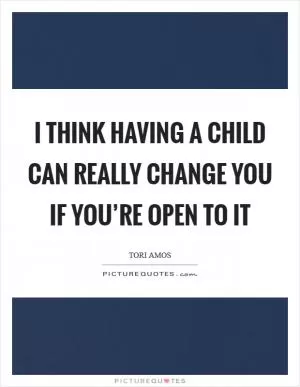The sun is getting dim, will I pay for who I've been?

The sun is getting dim, will I pay for who I've been?
Tori Amos is a singer-songwriter known for her introspective and deeply personal lyrics, often exploring themes of identity, relationships, and self-discovery. In her song "The sun is getting dim, will I pay for who I've been?", Amos delves into the idea of facing consequences for past actions and the fear of judgment or punishment for one's mistakes.The opening line, "The sun is getting dim", sets a somber tone for the song, suggesting a sense of impending darkness or uncertainty. This could be interpreted as a metaphor for the consequences of one's actions catching up to them, or the realization that the light of positivity and hope is fading away.
The second part of the line, "will I pay for who I've been?", reflects a sense of guilt or regret for past behavior. Amos seems to be grappling with the idea of facing repercussions for her actions, and questioning whether she will be held accountable for the person she used to be. This introspective reflection is a common theme in Amos's music, as she often explores the complexities of human nature and the struggle to reconcile one's past with their present self.
Throughout the song, Amos's haunting vocals and introspective lyrics create a sense of vulnerability and raw emotion. The repetition of the line "will I pay for who I've been?" serves as a haunting refrain, echoing the fear and uncertainty that comes with facing the consequences of one's actions.
As the song progresses, Amos delves deeper into the themes of redemption and forgiveness, questioning whether it is possible to move past one's mistakes and find peace. The haunting melody and poignant lyrics create a sense of introspection and self-examination, inviting listeners to reflect on their own past actions and the potential consequences they may face.












 Friendship Quotes
Friendship Quotes Love Quotes
Love Quotes Life Quotes
Life Quotes Funny Quotes
Funny Quotes Motivational Quotes
Motivational Quotes Inspirational Quotes
Inspirational Quotes